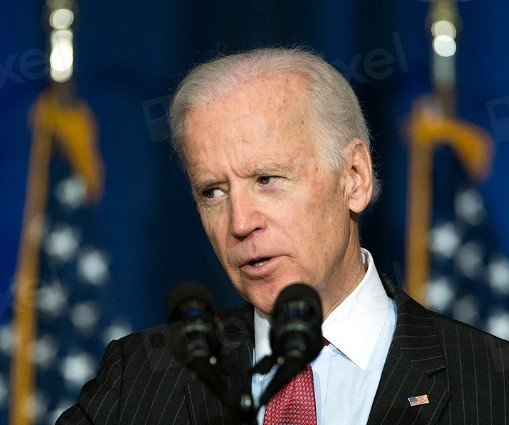President Joe Biden issued a pardon to his son, Hunter Biden, on Sunday evening, taking an unexpected step that marks a dramatic reversal in his stance on using presidential powers to intervene in legal matters involving his family. The decision, which covers charges related to gun possession and tax crimes, has raised eyebrows, given the longstanding scrutiny that Hunter Biden has faced from political adversaries.
Biden, speaking directly to the public in a statement, expressed his belief in the justice system but also acknowledged the political pressures that have shaped his son’s legal battles. “I believe in the justice system,” the president said. “But as I have wrestled with this, I also believe raw politics has infected this process and it led to a miscarriage of justice.”
This move is significant not only because of its timing but because it comes at a moment when political tensions are especially high. With President Biden nearing the end of his term, and former President Donald Trump awaiting the start of his second term, the pardon has sparked both support and criticism. Many are left questioning whether the pardon was a decision driven by justice or by the personal toll of relentless public scrutiny on Hunter.

The Charges Against Hunter Biden
Hunter Biden, who has been at the center of numerous investigations over the years, was convicted on federal gun charges in June. The charges stemmed from his 2018 attempt to purchase a firearm, where he falsely claimed that he was not using illegal drugs, despite his ongoing struggles with addiction at the time. This conviction could have led to a significant prison sentence had the legal process not taken such an unexpected turn.
In addition to the gun charges, Hunter Biden also faced federal tax charges. The tax issues arose from his failure to pay taxes on income earned during a period when his financial situation was complicated by personal difficulties. These charges were handled in a California court, and Hunter Biden pleaded guilty.
Both of these legal matters have attracted intense public and political attention, with Republicans in particular using them as a basis for accusing the Biden family of corruption. Despite the media coverage and partisan investigations, no evidence has emerged to suggest that President Biden personally engaged in any wrongdoing related to his son’s activities.
A Pardon Amid Political Divisions
President Biden’s decision to grant clemency to his son has raised concerns on both sides of the political aisle. Republicans have long criticized Hunter Biden, and many see this pardon as a sign of preferential treatment. At the same time, President Biden’s supporters argue that the decision was made out of a genuine belief in fairness and the protection of his family.
In his statement, President Biden emphasized the toll the process has taken on his son, who has publicly battled addiction and has been in recovery for over five years. “There has been an effort to break Hunter — who has been five and a half years sober, even in the face of unrelenting attacks and selective prosecution,” Biden said. He further argued that the legal troubles his son faced were politically motivated and that Hunter had been unfairly singled out due to his family connections.
This statement underscores the complicated relationship between the personal and the political. Many believe that Hunter Biden’s legal challenges have been used as a weapon by his father’s political opponents. Yet, the gravity of a presidential pardon raises questions about the line between public service and personal responsibility.
The Broader Implications of the Pardon
The timing of the pardon has added another layer of complexity. With the presidential election looming and Biden preparing to leave office in January, the move has stirred debate over the potential consequences for the Biden administration’s legacy. Some argue that the pardon could further polarize the political landscape, while others believe it was a necessary step in righting what the president perceives as a legal wrong.
It also raises broader questions about the power of the presidency to intervene in legal matters involving family members. While presidential pardons have been used throughout history to grant relief in controversial cases, the act of pardoning a close family member has always been a delicate issue.
In the current political environment, where accusations of corruption and partisan warfare are rampant, President Biden’s decision to issue this pardon could be viewed as a statement on the fairness of legal processes. Biden, who has always emphasized his belief in due process and the rule of law, now finds himself balancing personal loyalty to his son with the scrutiny that comes with wielding executive powers.
As the pardon takes effect, all eyes will be on how it affects the political climate leading into the next presidential term. For Hunter Biden, the pardon could be seen as a step toward putting a contentious chapter behind him. But for President Biden, the implications of this decision — both politically and personally — are yet to be fully understood.

Comments